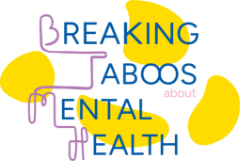Hey! Look at Donald, how he is quiet and down again. Do you think he is having his ”depressive” days again?
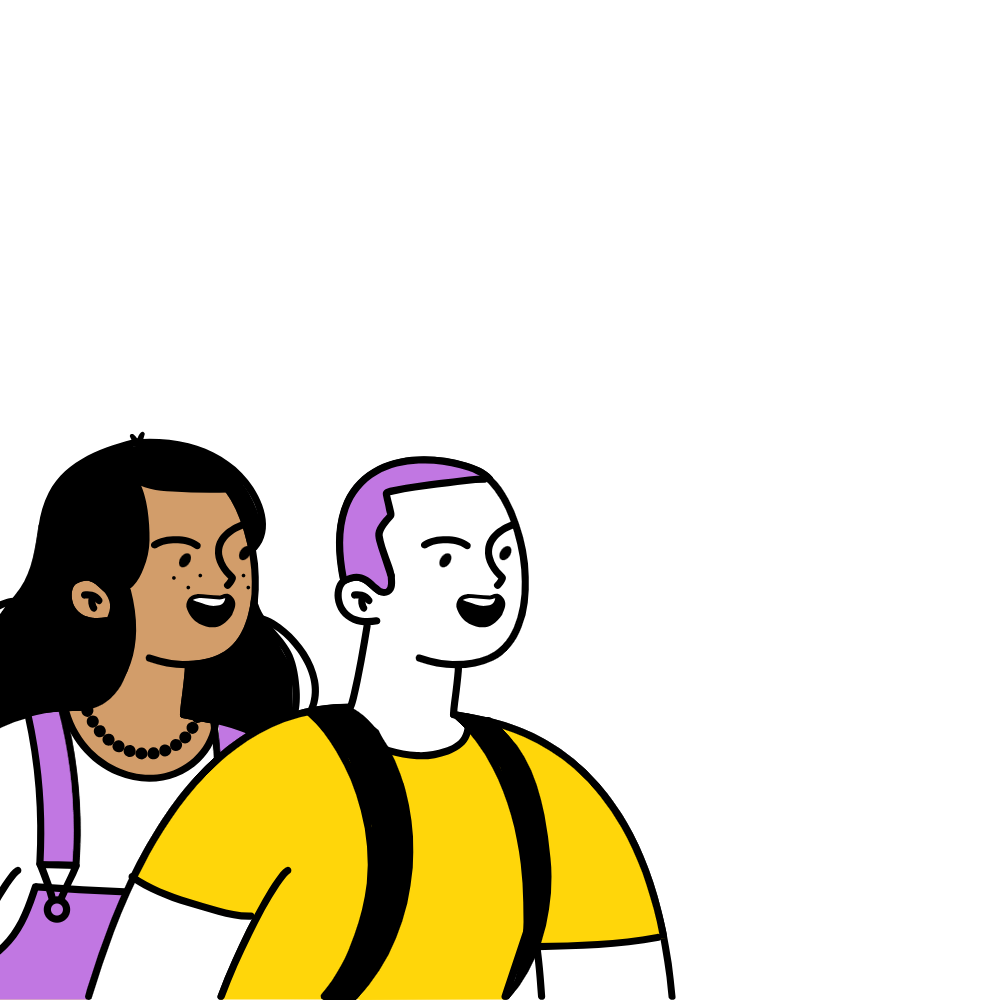
Leave me alone, please.
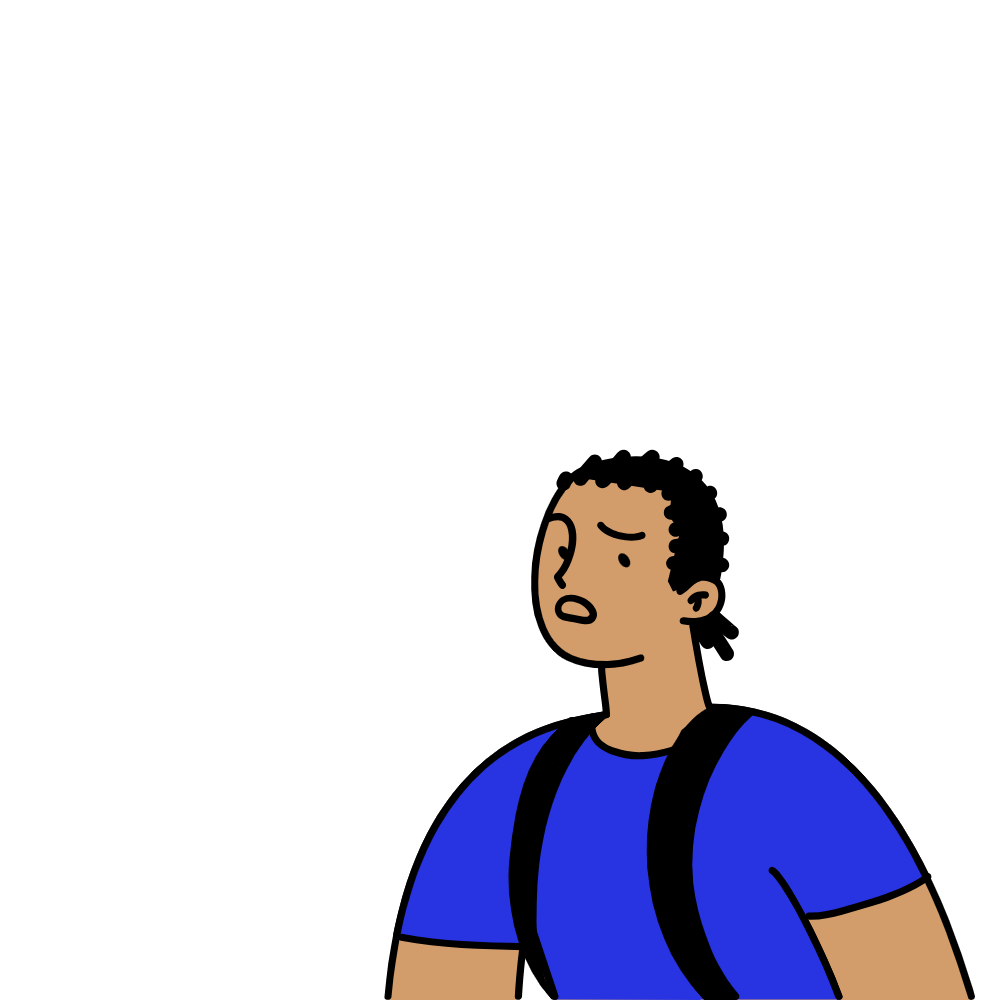
Oh, look how sensitive he is. Maybe he should get an award for the most depressed student instead of winning athletics competitions!
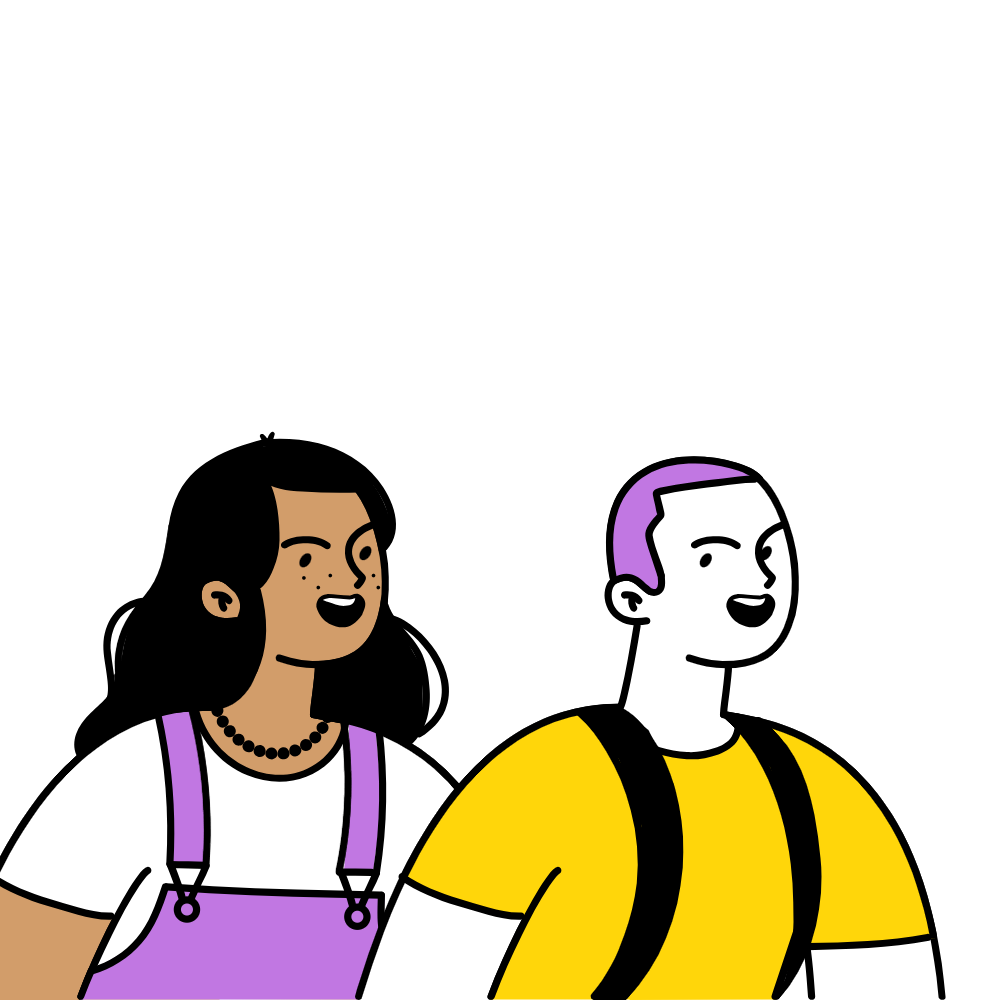

What?! Are you offended again? You are probably going to cry to your ”mommy”.

Leave him alone, he hasn’t done anything to you.
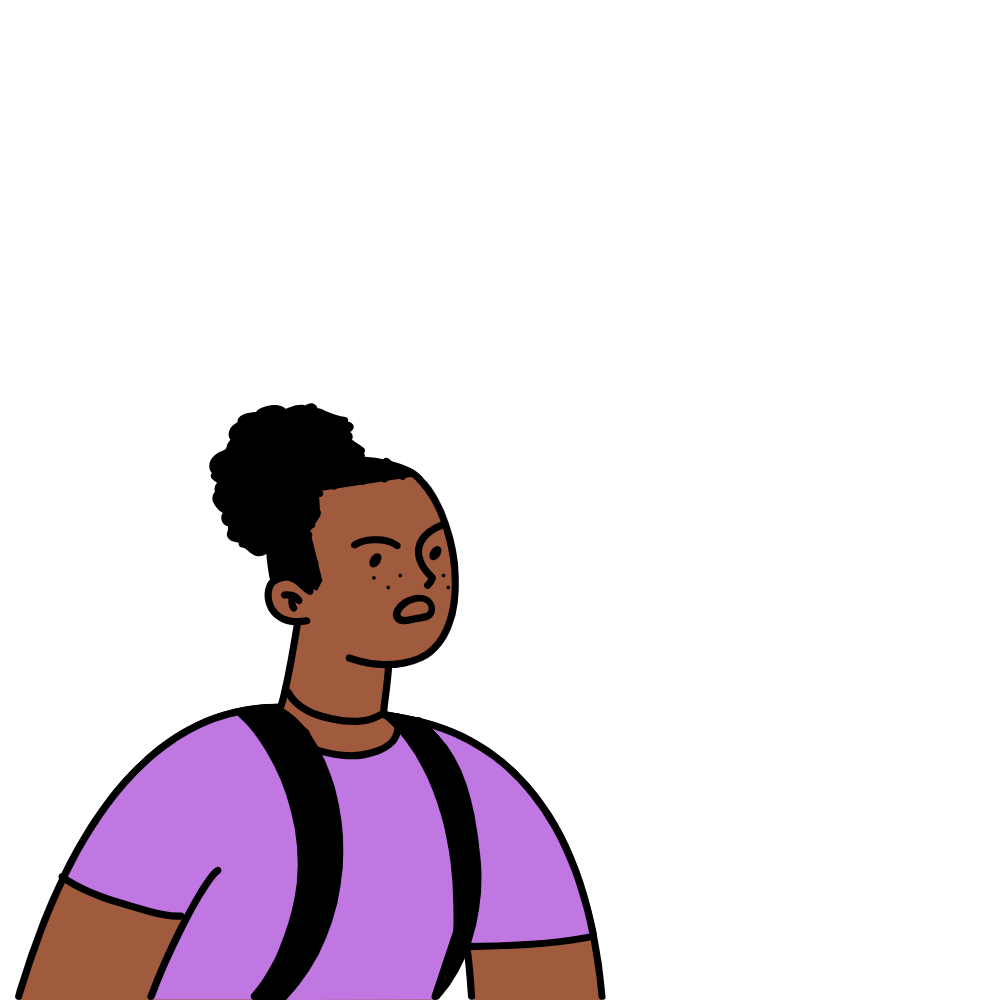
How would you react if you witnessed someone being bullied because of their mental health?
How would you react if you witnessed someone being bullied because of their mental health?
Research shows that bullying in schools is a common problem, with about 20% of students saying they have been bullied. Bullying can be physical, verbal, social (leaving someone out), or online. Victims of bullying are more likely to experience depression, anxiety, and low self-esteem, which can hurt their grades and attendance. Bullies often have their own problems, like family issues or low self-esteem.
What is going on here!?
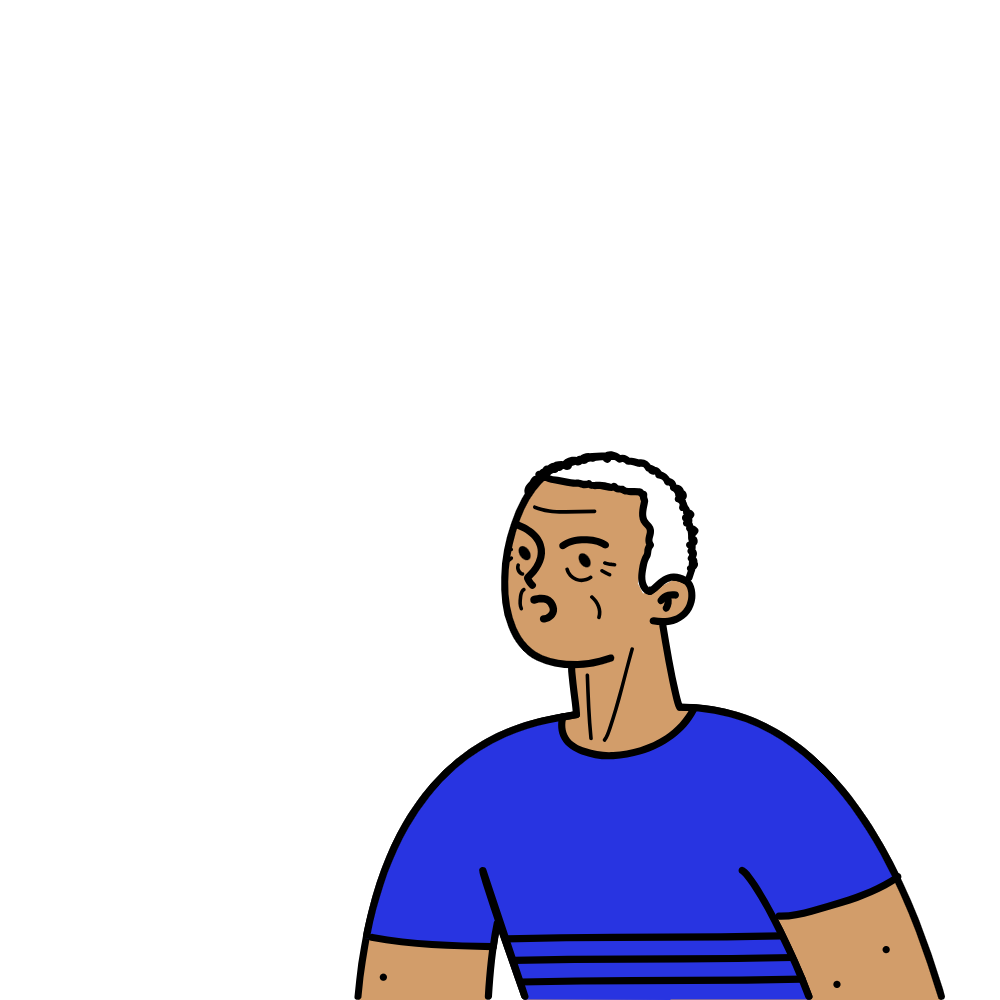
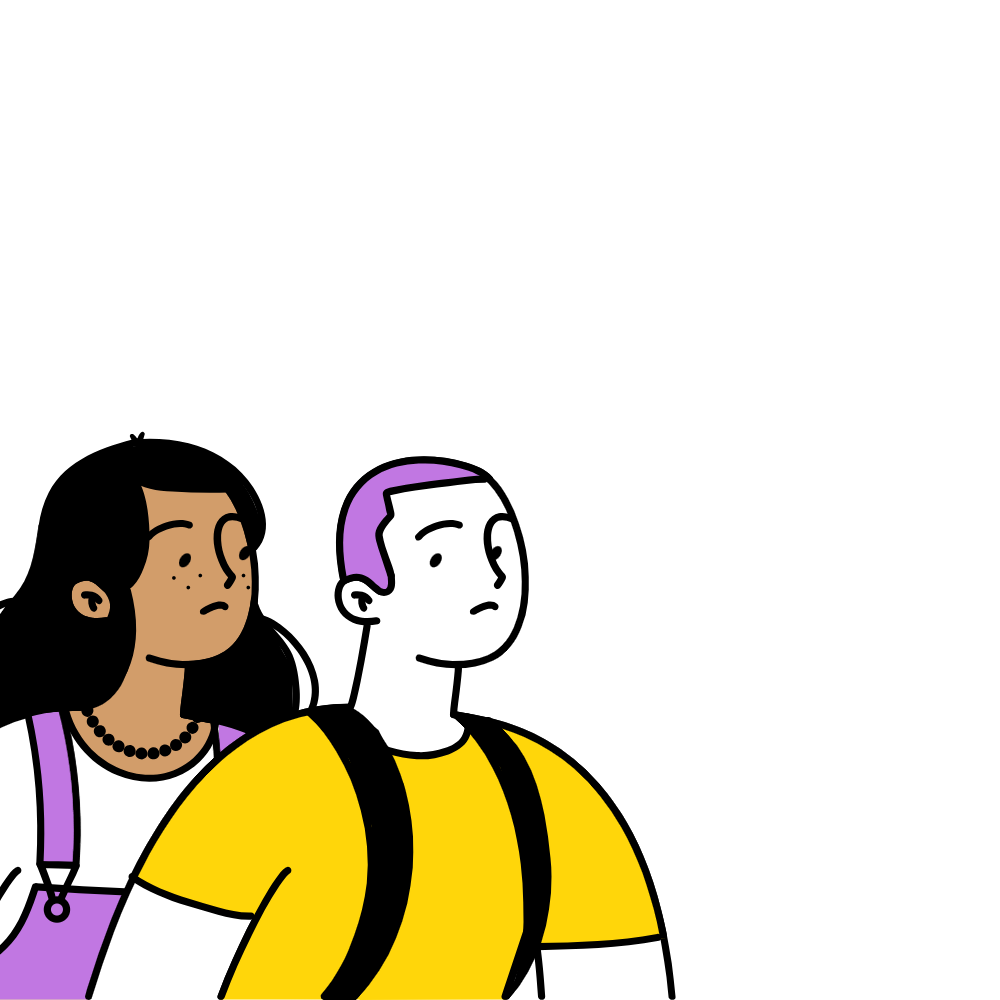
This behaviour is unacceptable. Everyone has their struggles, show some respect! He is an outstanding athlete.
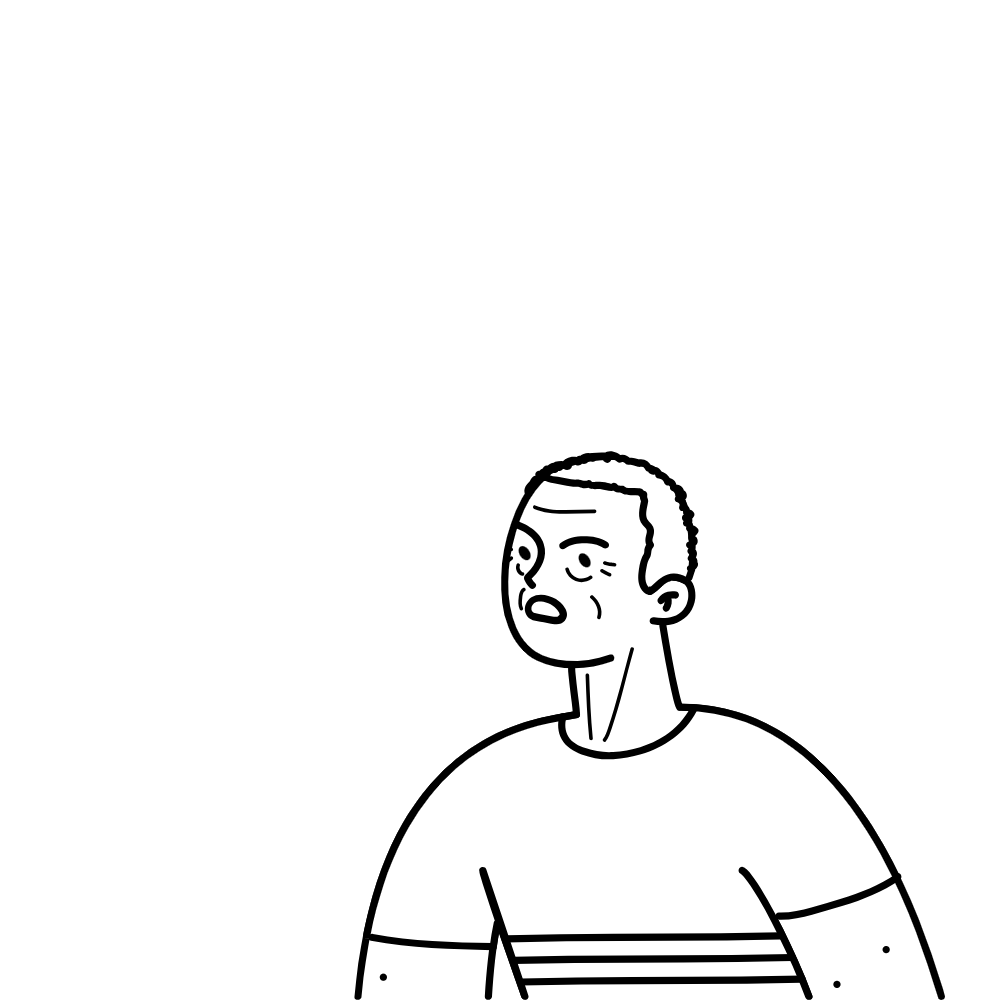
I’m here to support you if you need it.
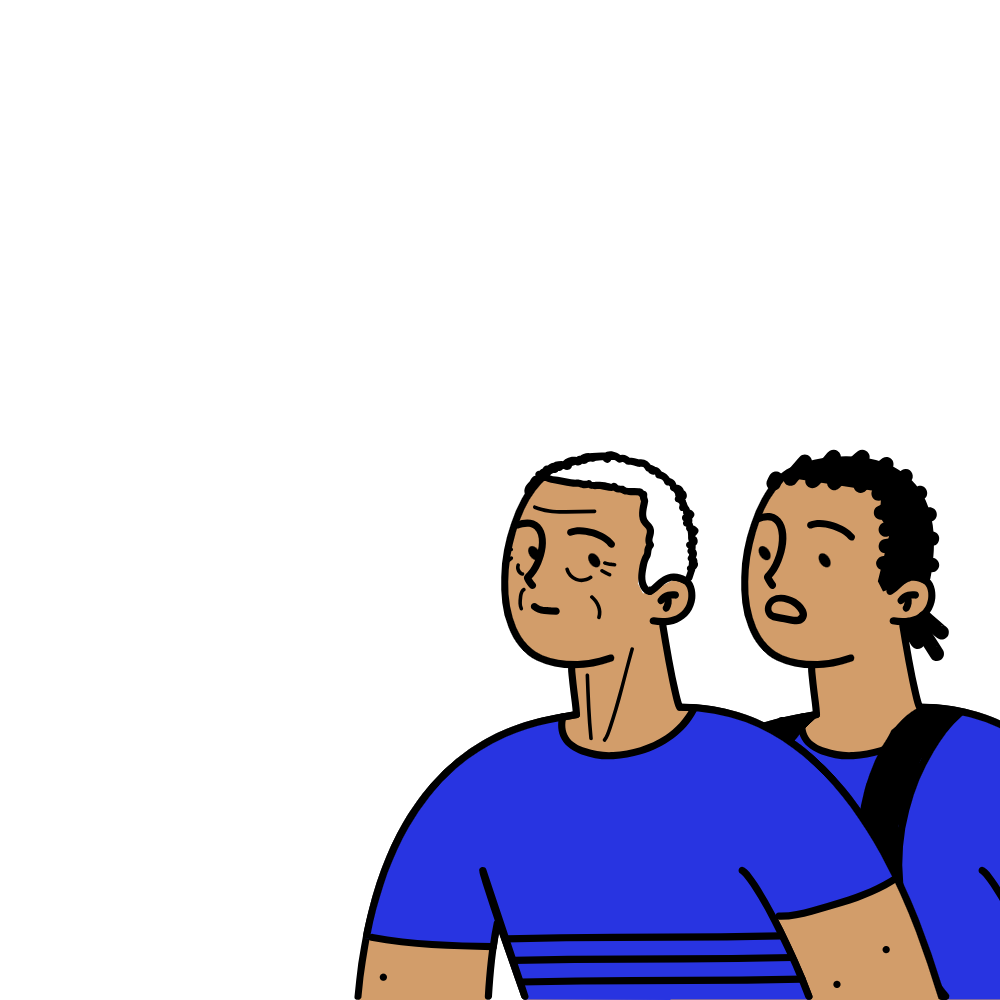
Remember, mental health issues don’t define us. We are a team, and we support each other, no matter what!
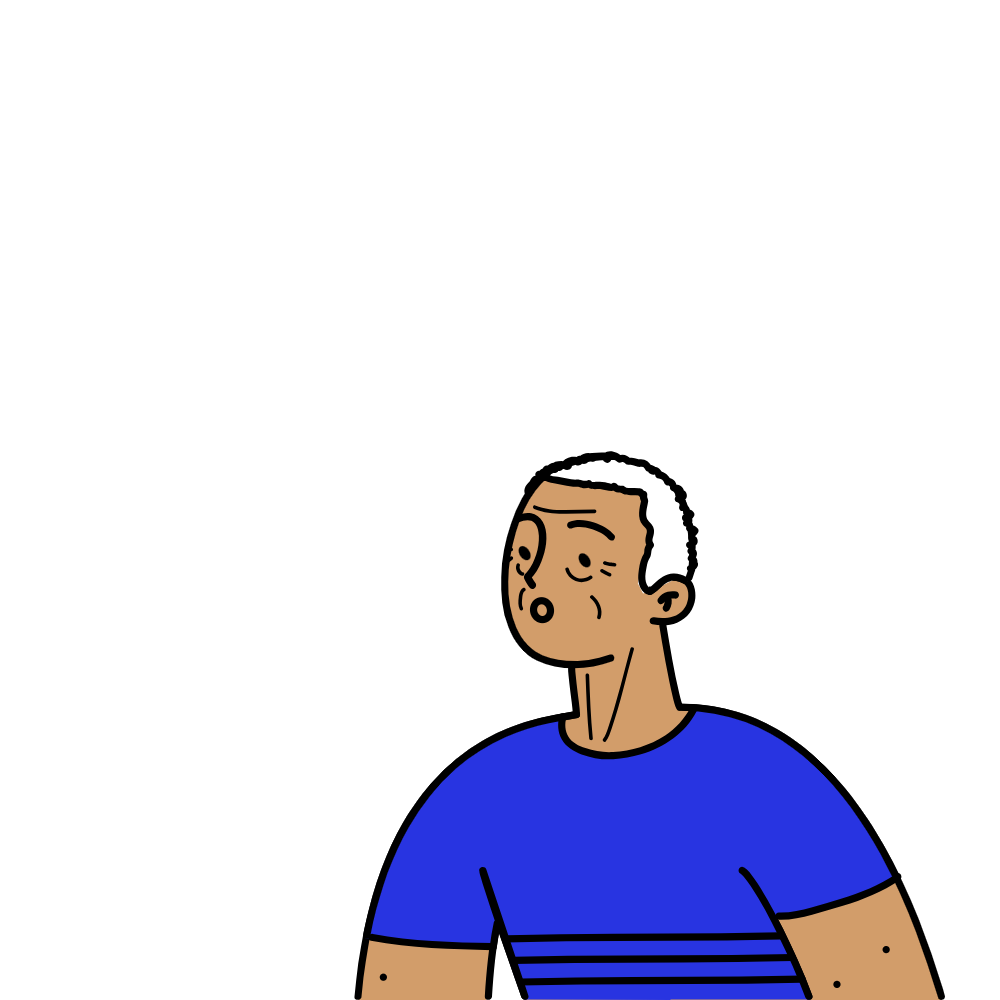
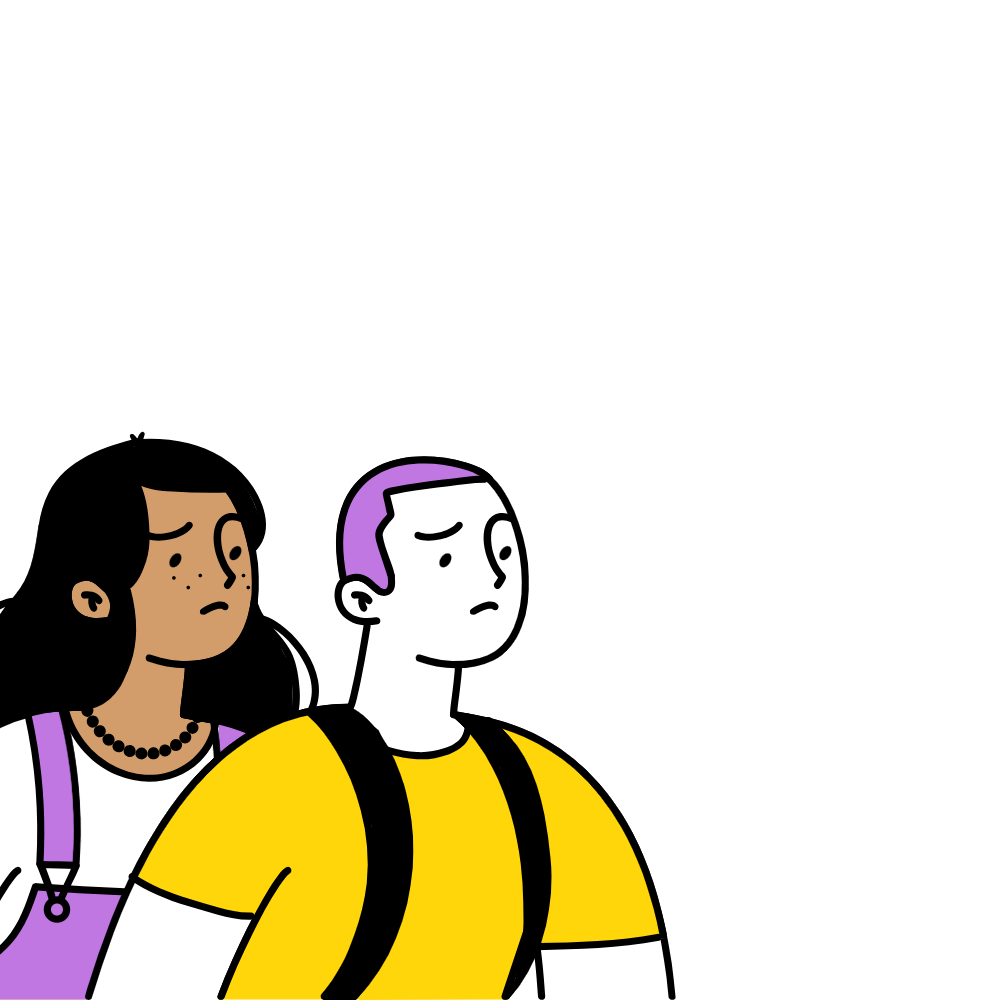
I told you that you shouldn’t do this because it can seriously offend someone.

How could the coach’s actions change how the students treat each other and think about mental health?
How could the coach’s actions change how the students treat each other and think about mental health?
Research suggests that when teenagers hear coaches, teachers, and others speak out against mocking or bullying others because of mental illness, it can have a significant impact. They are more likely to take such messages seriously and reconsider their own behaviour towards peers facing mental health challenges. This highlights the influential role that adults and authority figures play in shaping attitudes and behaviours among youth, particularly in fostering empathy and understanding.
Few hours after
Hey, ummm sorry about earlier.
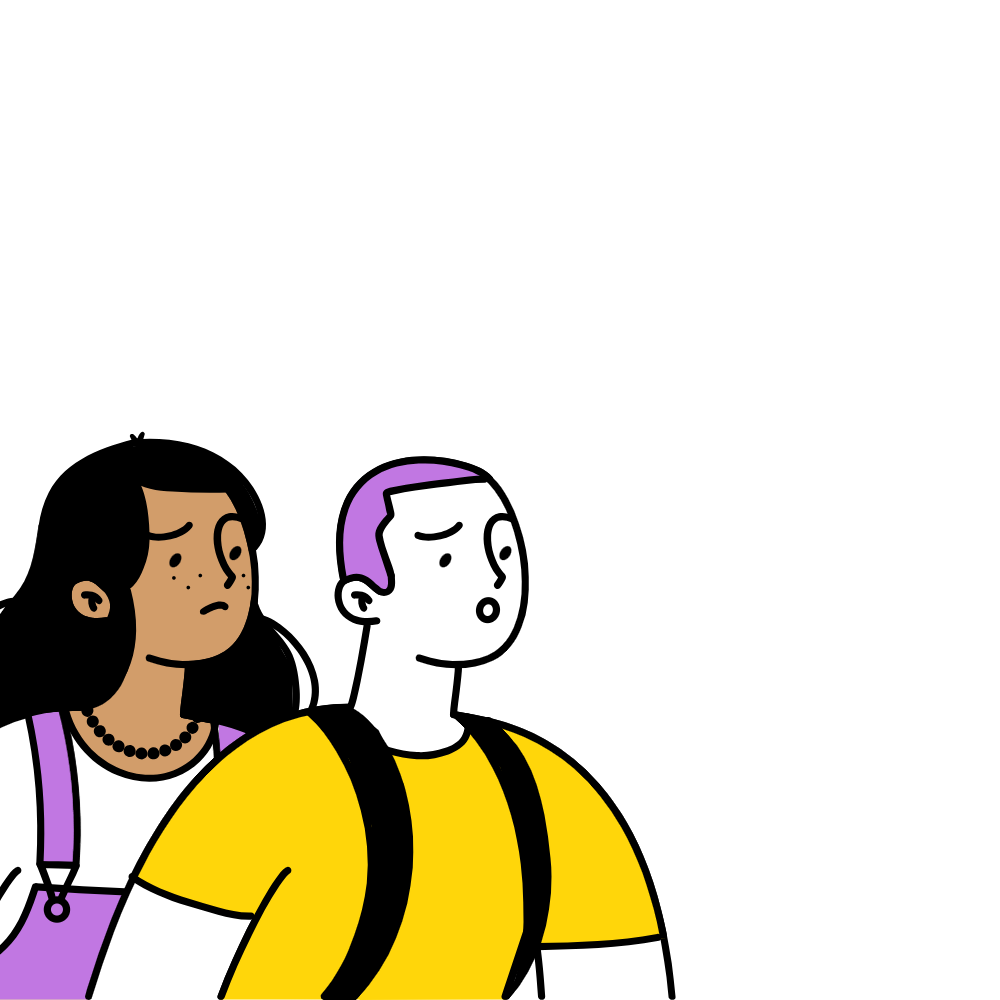
We should have been encouraging and celebrating your success instead of making fun of you and your struggles that you are facing.
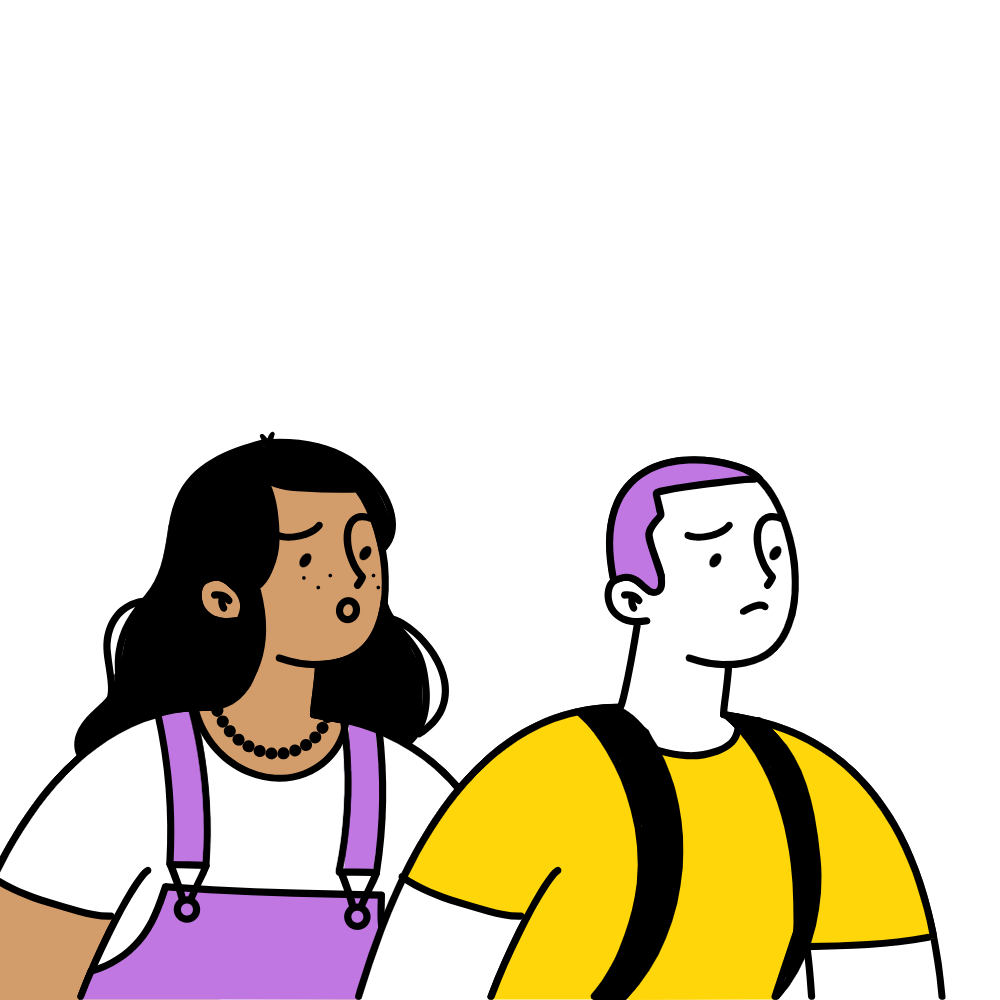
We learn that struggles with depression don’t impact on individuals success. We apologise for not believing in you and your abilities.

Thank you, I really appreciate your apology
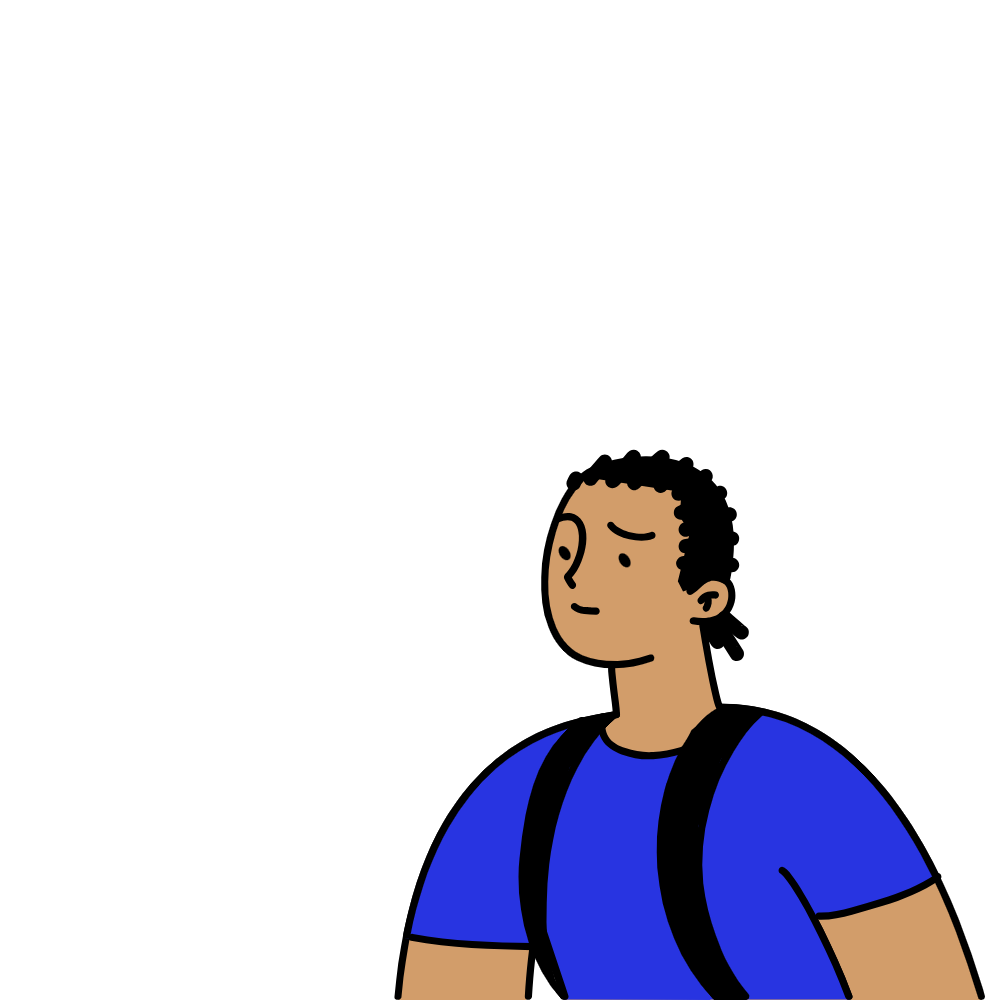
The coach was right. You need to know that we are here for you and we support you no matter what.
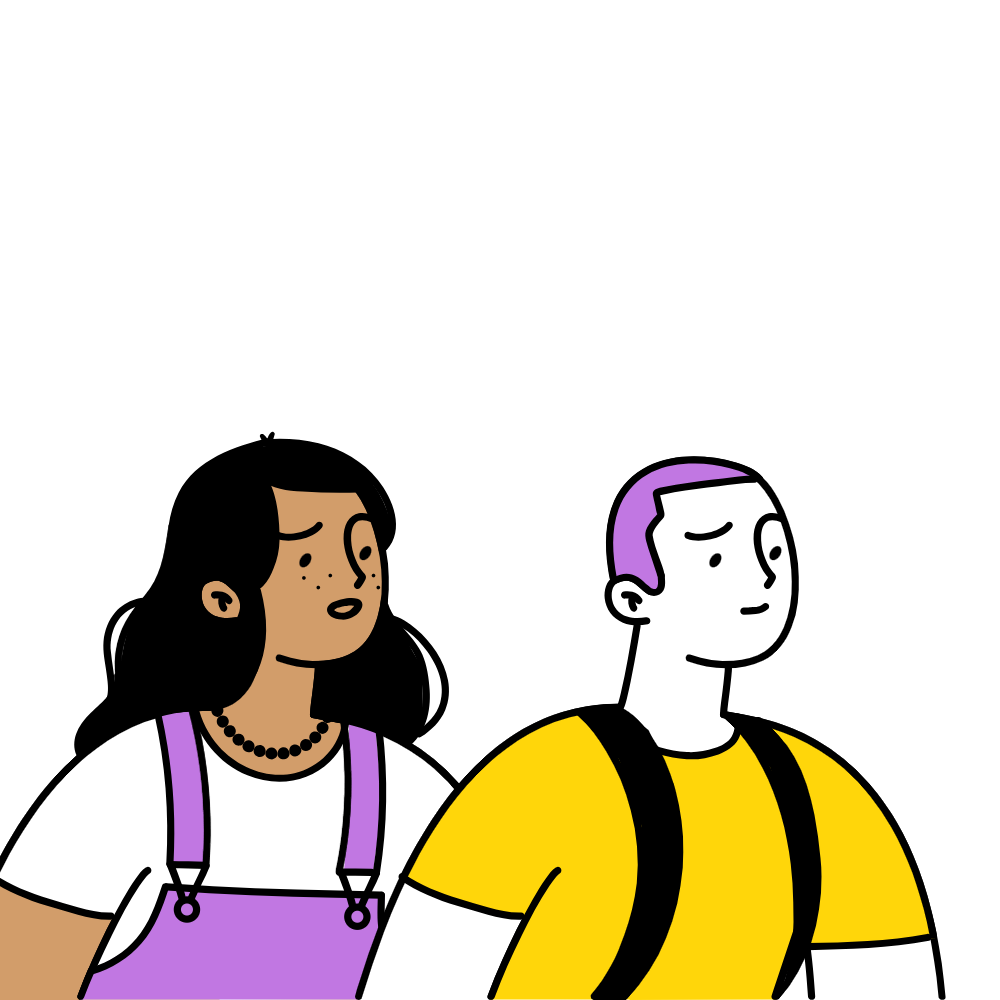
Thank you everyone and thank you for believing in me despite my challenges. Alongside you and with a little support, I can overcome them.
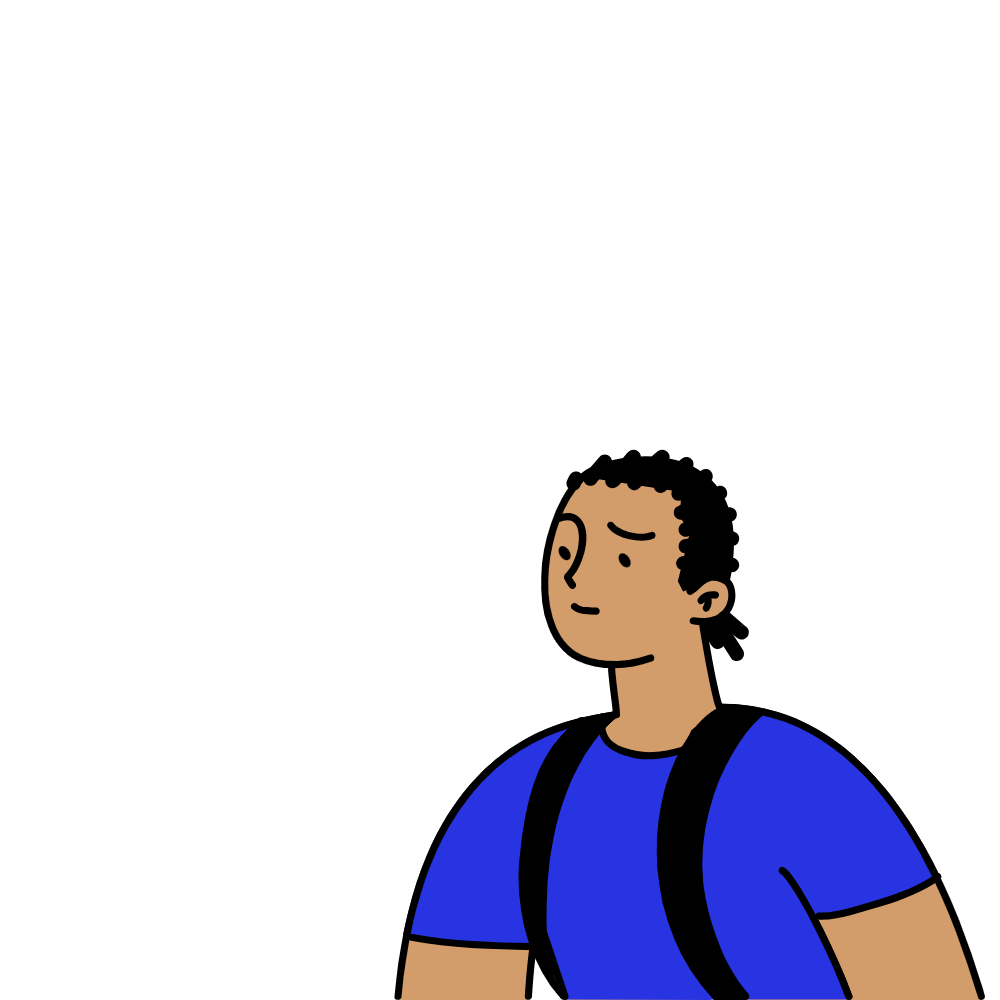
Would you react to the apology in the same way as Donald?
Would you react to the apology in the same way as Donald?
Apologising and admitting our mistakes after hurting someone is vital for building trust and respect. Research shows that genuine apologies repair damage and strengthen relationships. Taking responsibility and showing empathy create a kinder environment. Let’s remember to own up to our faults and make amends.
FINAL THOUGHTS
- Promote respect and compassion among classmates.
- Don’t stay silent.
- Let’s remember that everyone fights their own battles that we may not see.
- Instead of mocking, choose kindness and support.
- Be kind. Every day matters.
- Depression is a serious issue that can affect anyone. By understanding and offering empathy, we can create a safe and supportive environment for those in need.
- Bullying and making fun of someone’s struggles only deepens their pain and isolation.
- Let’s stand together and make our community a place where everyone feels valued and supported.
